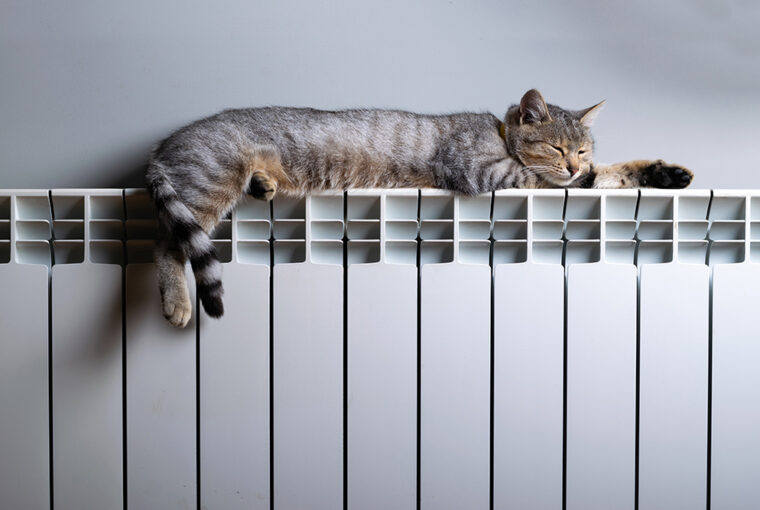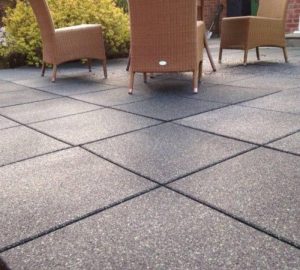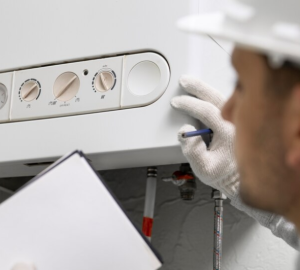During winter-time, the boiler is among the most important appliances in your home. Without it, you’ll suffer a standard of living that’s far below what you might be used to.
Not only will you be deprived of hot showers, but you’ll be forced to resort to expensive portable electric heaters – many of which aren’t capable of heating the same amount of space as your central heating system.
It’s possible to prevent boilers from developing faults during winter by taking a few simple steps, both before and during the season. So it’s important to have an approximate for your budget and consider factors like power flush cost and others. Let’s take a look at a few of them.
Check the Pressure
Pressure is what allows your boiler to pump water through your home. Ideally, it should fall somewhere between one and two bars. If it comes outside of this range, then it might be a sign of a problem.
A drop in pressure, for example, might indicate that water has left the system – which might suggest a leak somewhere.
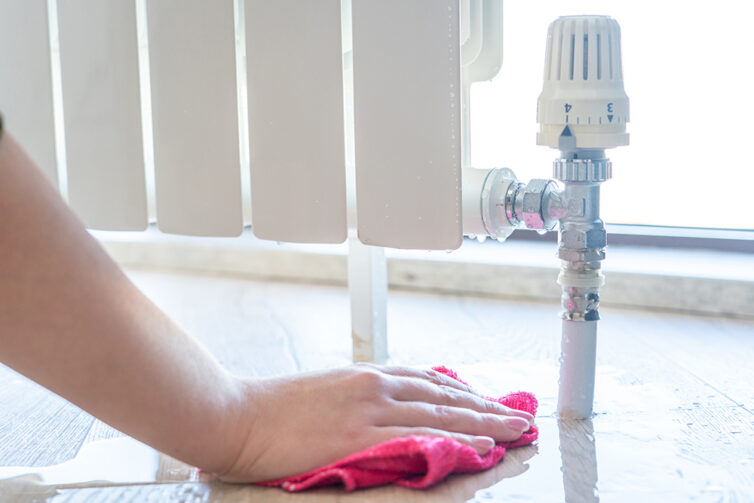
A rise in pressure, on the other hand, indicates that something is blocking the flow of water.
Whatever the cause of the problem, it’s vital that it’’ looked at. Investing in boiler insurance gives you access to boiler engineer callouts, which will help to get these problems diagnosed and remedied before they have a chance to develop.
Running Heating on Low
Before the cold weather really begins to bite, it’s worth giving your system a rehearsal. While it’s been sitting unused over summer, particulates might have settled in the pipes, which will slow water down before it reaches the radiators and actually distributes heat into the room. Running the boiler at lower settings will help to clear this matter before the boiler is called upon to operate at higher settings later in the year.
Tidy the Boiler
To operate efficiently, boilers need regular airflow in the space around them. If the boiler has been consigned to a cupboard, then it might be that it’s surrounded by clutter, which will ultimately reduce its efficiency. Have a clear-out.
Bleed your Radiators
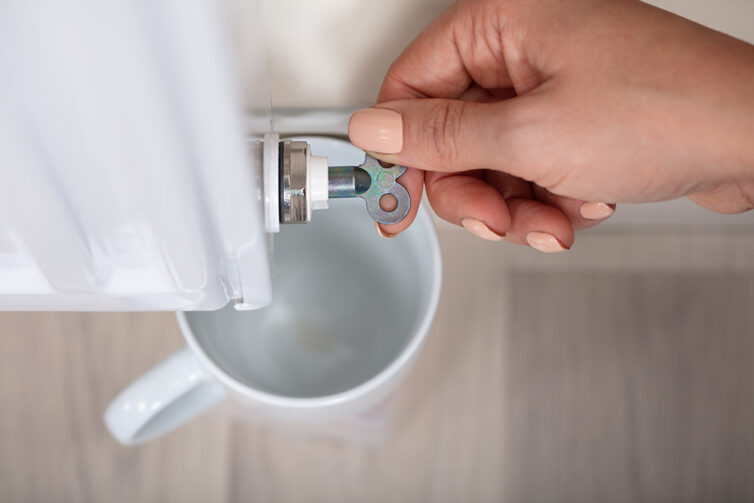
Over time, your heating system might be infiltrated by tiny pockets of air. When these collect near the top of your radiators, they can become trapped. The presence of these air pockets will prevent hot water from entirely filling the radiator, which will limit their efficiency.
Fortunately, there’s an easy way to remove these air pockets from the radiator, and that’s through bleeding. Take a radiator key and twist the valve at the top of the radiator, and wait for water to come out. You should hear a hiss of escaping air before this happens. Close the valve and use a cloth to mop up the little bit of water that you’re sprayed with.
